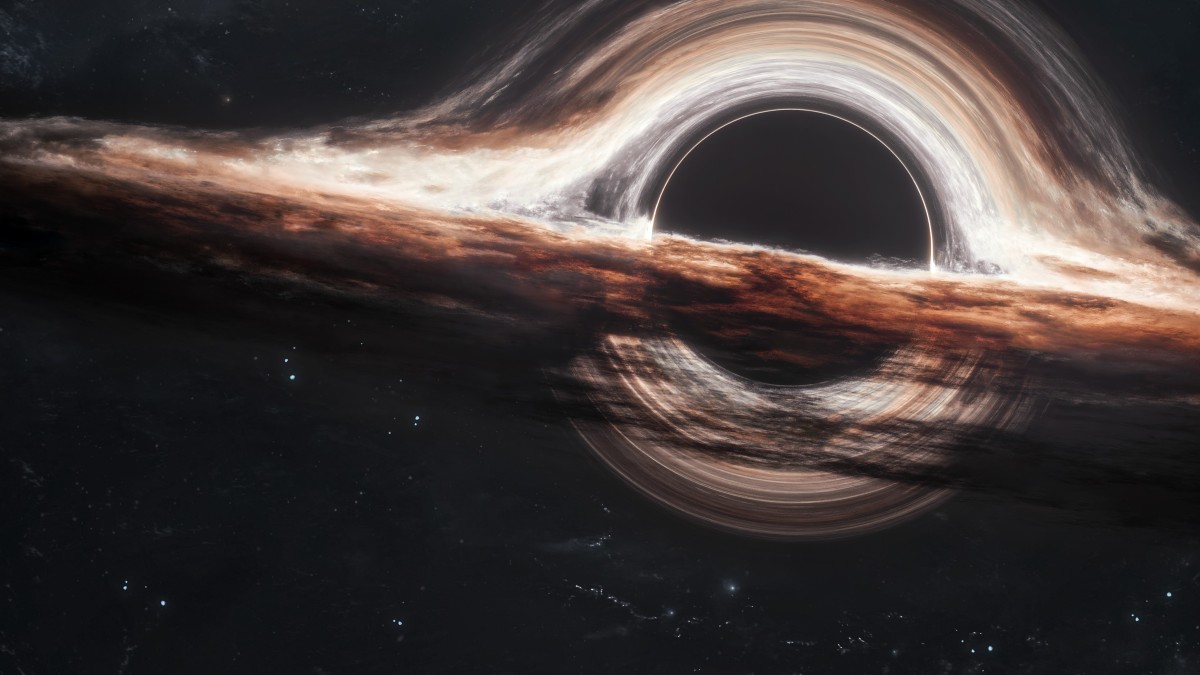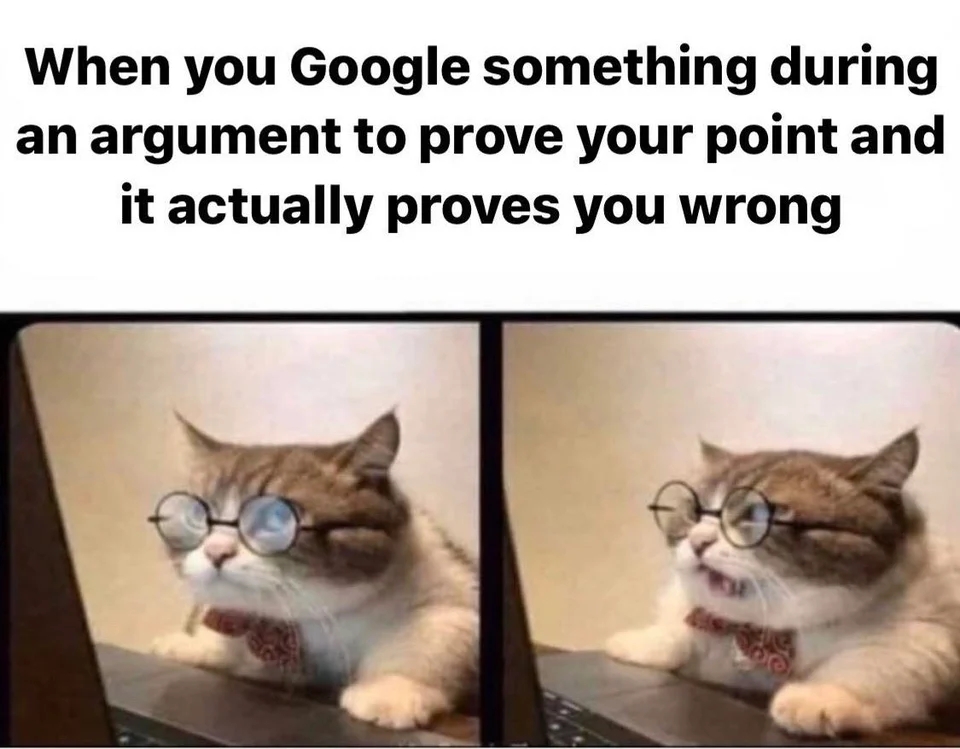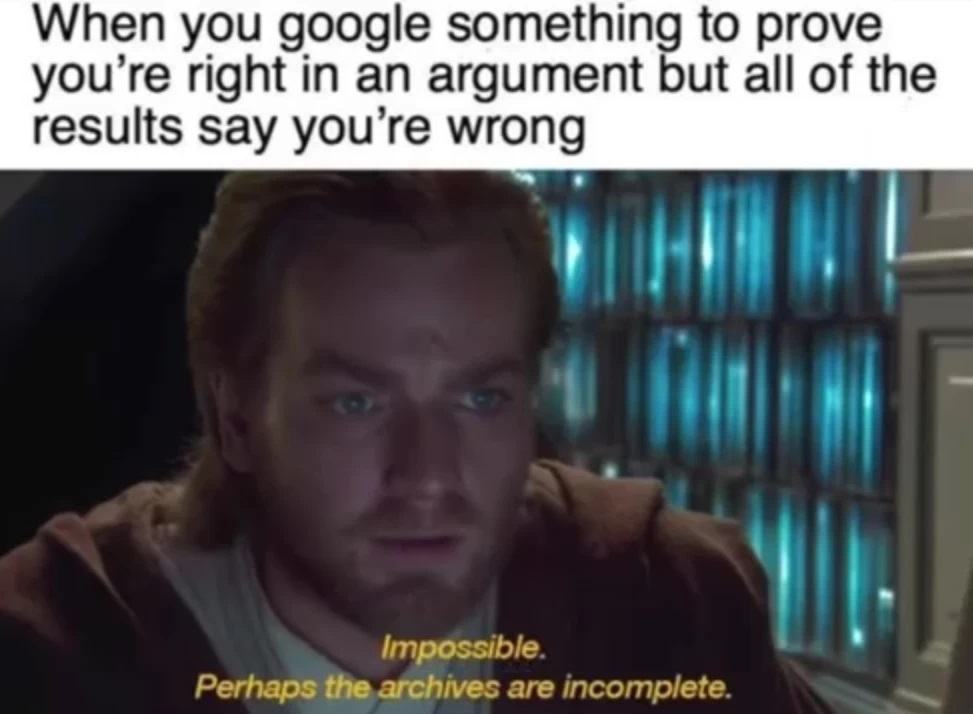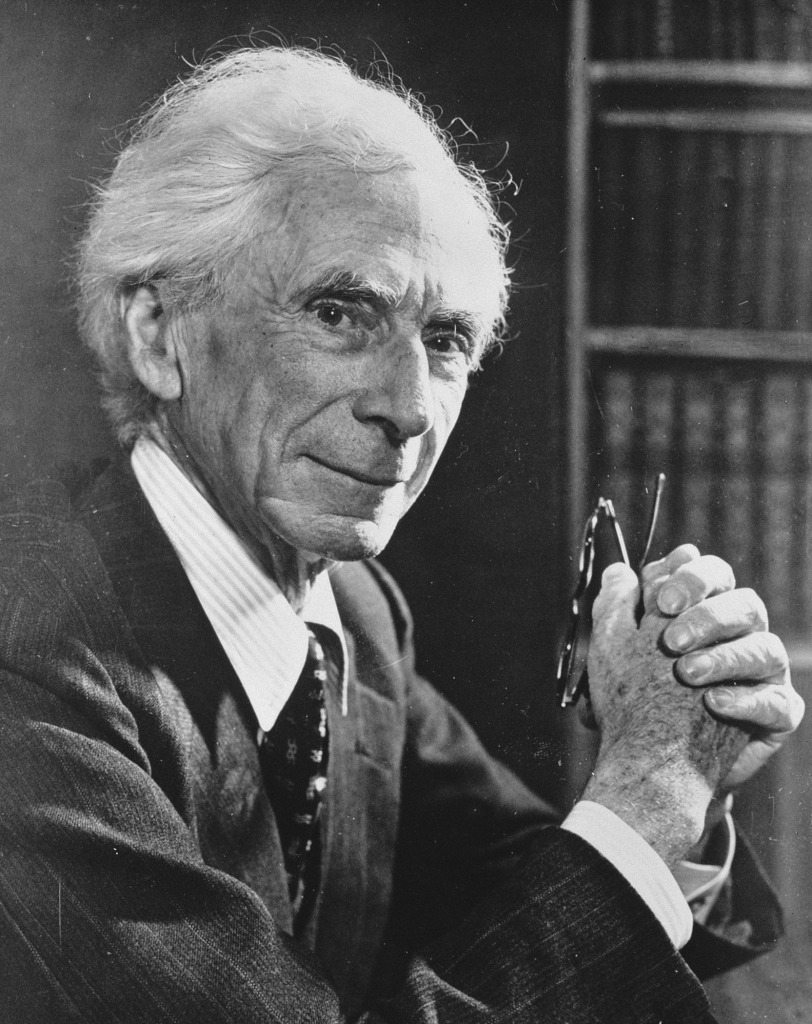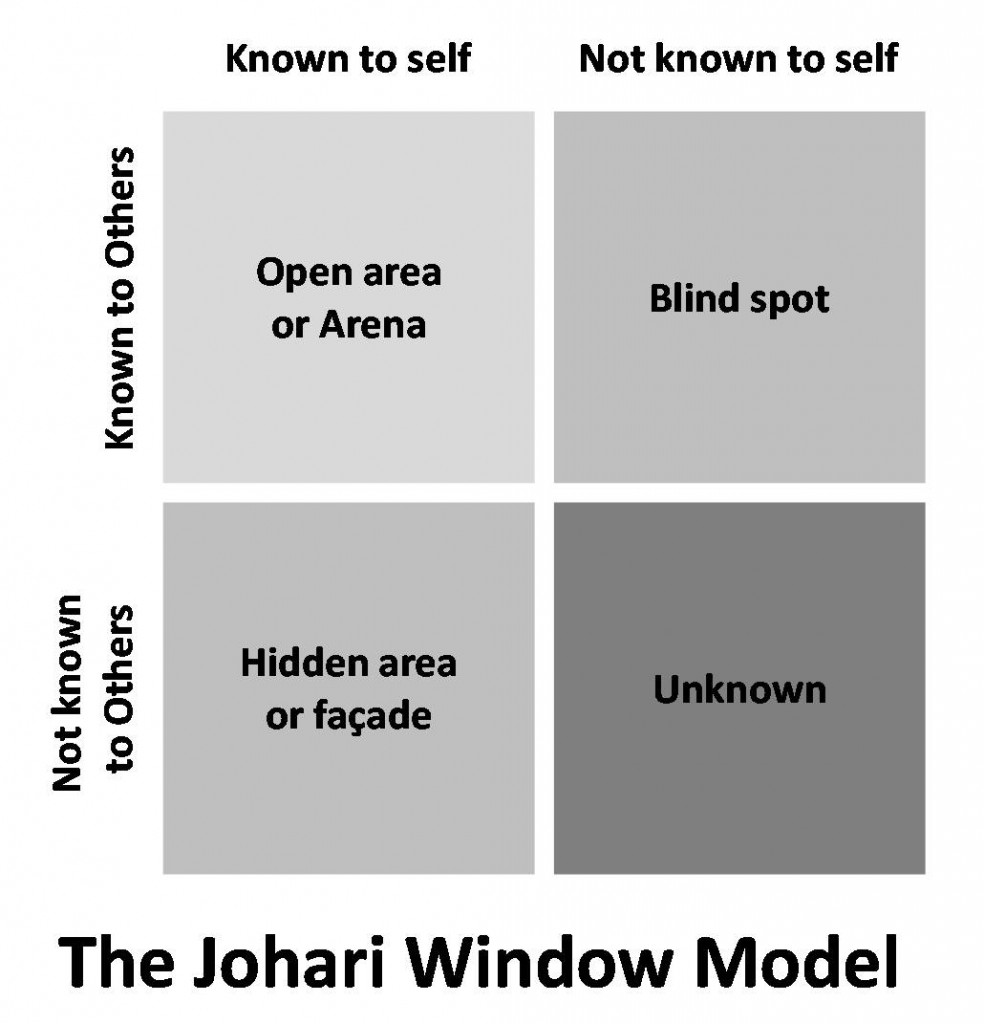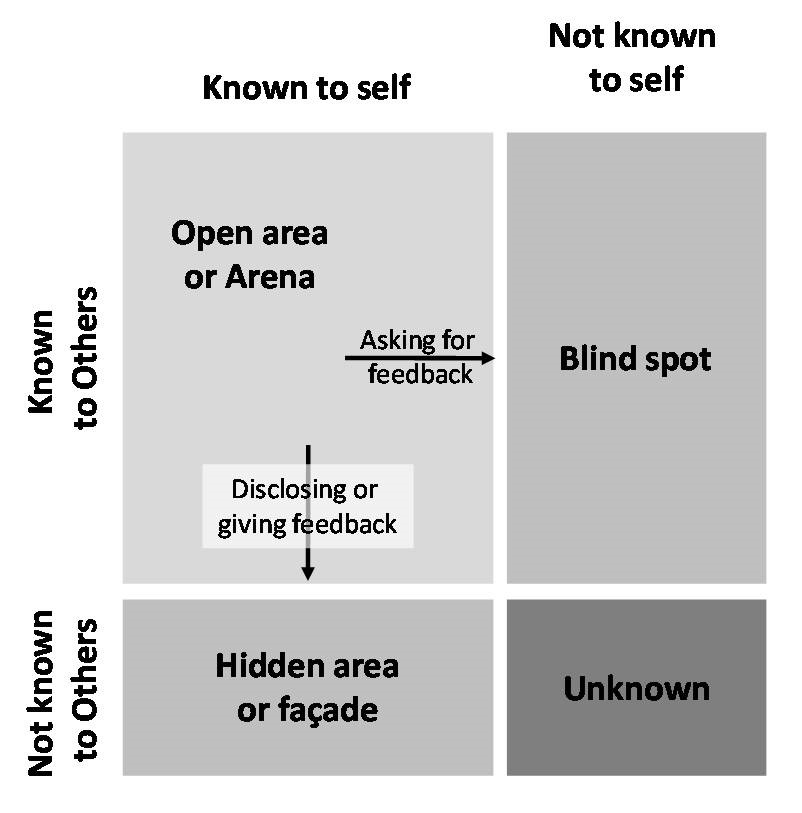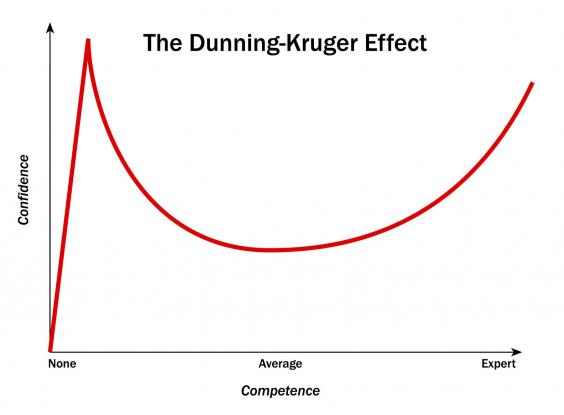Miyamoto Musashi’s philosophy for 21st century
After disseminating his lifelong wisdom in a very systematic way through four books named as the Ground Book, the Water Book, the Fire Book, and the Wind Book representing the philosophies to fight the battles, wars and survive through the challenges of the life, Miyamoto Musashi concludes his learnings in last book – the Book of the Void. On the scale of writing, it is not even a book. The readers will feel like they are reading the last page of the book. This shortness of the last book – the book of Void is very intentional by Miyamoto-san. Again, as his suggestions go – one has to really appreciate what he is trying to communicate – the wisdom that which cannot be expressed, conveyed through words.
The main purpose of the Book of the Void is to make the readers aware of the things and the wisdom that they can never know. There is one danger in this process especially for those who learn only by themselves (-without a real teacher always in front of them) which Miyamoto-san was very well aware of. He tries to complete this cyclical process of gaining wisdom through self-learning in this Book of the Void.
“What is called the spirit of the void is where there is nothing. It is not included in man’s knowledge.”
First, he clarifies what this is all about. Miyamoto-san first brings out the elephant in the room that there will always be something that you could never know.
“By knowing things that exist, you can know that which does not exist. That is the Void.”
The Void thus represents the wisdom that lies beyond all that can be known by every human being. Now there is one catch in this idea. A normal person who has just started his journey on the path of wisdom will not know everything initially. So, whatever he/she does not know right now is new for him/her. Does this new wisdom which that person was unaware, which discovered during the journey represent the Void? The answer is – No. The Void is not the gap between your current understanding, current knowledge, and the knowledge you are yet to gain or understand. The Void is that which can never be known even when ‘everything that is there to know’ is known completely. And that itself is really humbling. It is about the limits of how we learn, understand the world around us. Miyamoto-san as the great teacher makes every reader aware of what the limitations of our understandings are. He wants everyone to understand that even when you know ‘everything that is there to know’, there still will be something left out because of the limitations of the ways we perceive the reality.
“People in this world look at things mistakenly, and think that what they do not understand must be the void. This is not the true void. It is bewilderment.”
Here, Miyamoto-san very smartly makes the reader aware of what they call the Void may be and mostly will be the knowledge they are yet to gain. Again, as I explained earlier, the Void is not the gap between what you know and what all there is to be known by you. For every learner, whatever they haven’t experienced before will be new knowledge to them (which literally is the definition of ‘new’!) That will create the illusion of Void for them but the path is way long for the pursuit of true wisdom. We have this tendency of treating every new experience we come across as a very special experience and there is nothing wrong in it, but also creates an illusion of knowing the special wisdom in the person. This instigates the illusion of knowing something extraordinary, of knowing everything in the mind of that person.
Miyamoto-san thus advises the readers to recognize the confusion between the common knowledge and the real Void – the knowledge lying beyond everything that can be known.
In very simple and short words, Miyamoto-san is trying to show the expanse of the true ‘wisdom of life’ to the readers so that they will be humbled by what very small amount they know and they can know throughout their limited lifetime. Miyamoto-san idea of Void is intended to remain on the path of learning throughout the life with the awareness that there will always be something beyond our current understandings of the nature.
Being aware of the infinite extents of that which can be never known, one creates the curiosity to know everything that is there to know; it also brings in the humility for what very little one knows.
The idea of Void by Miyamoto-san is about intellectual humility and the limitations of how we understand the world around us.
Let us keep the idea of the Void aside for now. The things that we can know, the wisdom that we can have themselves are so vast in their expanse that a single mortal life cannot be sufficient to learn and grasp each and everything that is there to know. This will easily overwhelm a new learner rather everyone on such journey. Miyamoto-san knew this hence he proceeds with the ways to clear this confusion and such overwhelming feelings.
“To attain the Way of Strategy as a warrior you must study fully other martial arts and not deviate even a little from the Way of the warrior. With you spirit settled, accumulate practice day by day, and hour by hour. Polish the twofold spirit heart and mind, and sharpen the twofold gaze perception and sight. When your spirit is not in the least clouded, when the clouds of bewilderment clear away, there is the true void.”
In simple words, the way to get everything big is to start small and build over it, follow the truest path step by step instead of getting overwhelmed by the length of the journey. Once the person becomes aware of the process, the things built over the time will help him/her to distinguish between the that which is known, that which is yet to be known and that which can never be known.
You will notice in every part of the Book of the Five Rings especially in the Wind book, Miyamoto-san suggests to learn the techniques of the other schools from a broader perspective. Even after being the greatest swordsman of his time, he was completely aware that there will always be something which can improve his existing techniques. There will always be some better ways to do the same thing. This newer, creative, and out of the box thinking is only possible for the person who understands the limitations of his mind, who is truly humble even after gaining all the wisdom in the world. Only the idea of the Void can show a complete scholar the extents of what he/she knows.
Miyamoto-san mentions the spirit of heart and mind which are emotional and intellectual aspects of personality. He further mentions the perception and sight which are the abilities to see beyond what is shown and to see the bigger picture. The journey for the true wisdom is about development of our emotions, intellect, perception, and vision. That is what life actually is! What a thought by Miyamoto-san!
“Until you realize the true Way, whether in Buddhism or in common sense, you may think that things are correct and in order. However, if we look at the things objectively, from the viewpoint of the laws of the world, we see various doctrines departing from the true Way. Know well this spirit, and with forthrightness as the foundation and the true spirit as the Way. Enact strategy broadly, correctly, and openly.”
Miyamoto Musashi holds the last but the most important (and the secret trick) in the journey for the wisdom of the life. Actually, he already hinted this secret in the early part of the Book of the Five Rings. Miyamoto-san explains that when the person on the journey for the wisdom will reach the ultimate spot (and not the end of the journey- the journey has no end – it continues in the Void) then he/she will realize that the vast expanse of knowledge that they were getting overwhelmed in the early part of their journey are actually created from the main true path of the absolute wisdom. The vast expanse of the knowledge was created due to many deviations from the ultimate path. The absolute wisdom will have that clarity as Miyamoto-san explains. That is the exact reason why he already said
“If you know the way broadly, you will see it in everything”
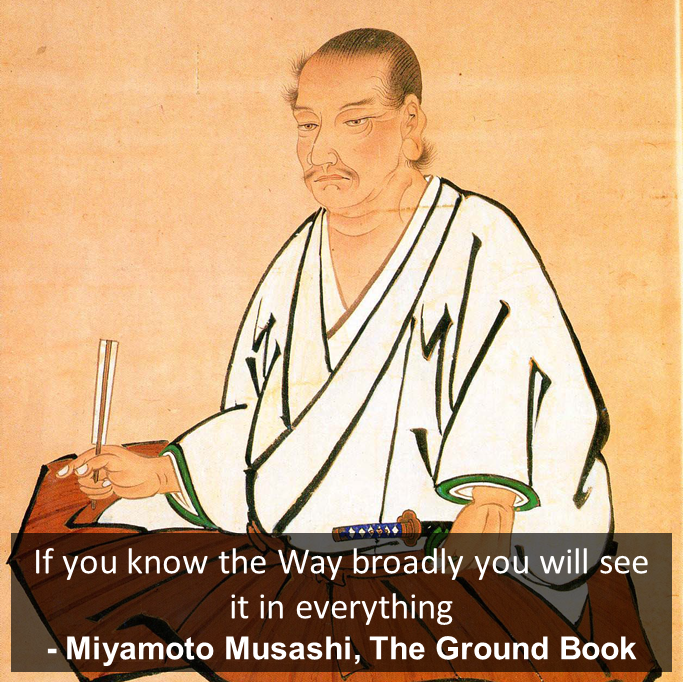
Once you get the absolute clarity of what you know then you will never feel the need to know each and everything. You are zero and infinity at the same time, you are nothing and everything at the same time. You will try to understand everything based on the absolute wisdom you already have as all the remaining knowledge is just a deviation from that absolute wisdom.
“In the void is virtue and no evil.”
The acceptance of that which can be never known will actually make the person humble. Many will think that the idea of not knowing everything will actually create maniacs due to that unsettling urge to know everything but the exactly opposite will happen. When one accepts that the journey for the wisdom is a never-ending, then the smartest choice is to embark on this journey with minimum possible baggage. The true scholar will get rid off every deviated knowledge from the path of the true wisdom to reduce their load in this journey, they will use their limited but ultimate wisdom in every possible and new way to understand the new knowledge and the knowledge which cannot be known.
You must appreciate how great thought Miyamoto-san put forward many years ago with close to zero resources. That is what is great about the Book of the Five Rings and especially the Book of the Void.
The Book of Void actually speaks about everything through the idea of nothing. This can be put down into some words only by the scholars like Miyamoto Musashi. That also the reason why the Book of Five Rings is not just a guide for war strategy and the ways of the warriors. The Book of Five Rings is more than that, it is about the ways to live a life full of true wisdom. True wisdom holds everything in the idea of the awareness of nothing.
The Spirit of the Void for the modern world
“Real knowledge is to know the extent of one’s ignorance”
Confucius
The initial realizations of the idea of the Void are presented to make the readers aware of what small they actually know and what vast they are yet to know. When one accepts that there is still more to know and learn many things and even after knowing/learning everything, there will be something which can never be known due to the limitations of human life, at that exact moment the person becomes the container to the ultimate wisdom.
Void and the Incompleteness of the Mathematics
Modern mathematics and the development of completely new mathematical concepts are based on the world-famous Gödel’s incompleteness theorem. In simple worlds, certain truths in a system must be accepted true without a proof (and there are no contradictions to them till now) to prove all the remaining truths of the system. If in such system a new fact arises which cannot be proven by any existing truths and is never contradicted then such non-contradicted and unprovable truth will create bigger system of newer truths. (you can read in detail about this in my older post). The new uncontradicted, unprovable truth in the system lies out side the existing system of truths. It can be only understood by the person who is open to new possibilities outside the existing system.
The Void and The Dunning-Kruger Effect
Miyamoto-san even in his days was aware of this world-famous psychological effect now that we have a proper name for it. Miyamoto Musashi knew how half-knowledge – limited knowledge creates the illusion of knowing everything and can even blind the master of masters personality. He wanted the new learners to remain humble not get overconfident during the start of the long journey and he knew that the one who has traveled enough through this journey will have the humility for what great they have achieved. (see my older post to know more about the Dunning Kruger effect)
“The opposite of knowledge is not ignorance, it is the illusion of knowledge”
Stephen Hawking
The Void and Ralph Waldo Emerson’s Modern Scholar
Miyamoto-san’s idea of the Void also highlights how we are only able to learn what we are able to grasp. This actually creates a biased learning process, which is dominant in those who learn things on their own. Even for people who are masters of their fields and have proper guidance available externally, it is impossible to learn something new and groundbreaking unless they are receptive towards it. Ralph Waldo Emerson in his world-famous speech The American Scholar explained how exactly this learning works. (read in detail about the American scholar in my older post1, post 2, post 3)
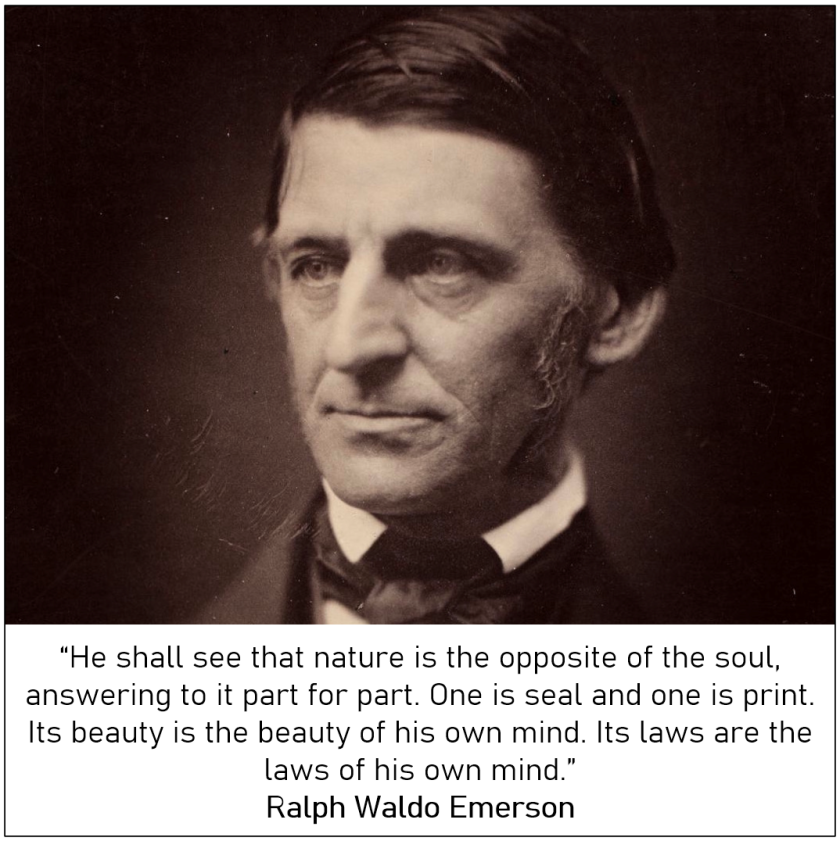
The Void and Einstein
Einstein’s idea of relativity was rejected by many scholar scientists in the early stages because they were unable to accept and understand the ideas of higher dimensions in the fabric of the space-time. (That is exactly why Einstein is known as a peerless genius!) So, you can only learn what you are able to perceive and grasp. Miyamoto-san’s philosophy of Void encourages to become open to that which cannot be known which lies beyond our grasp.
The Void and The Quantum Mechanics
While we are on the cusp on the quantum mechanical revolution in modern world, it was Max Planck in quantum mechanics’ early emergence when he quoted about the nature of the reality we live in and our inability to understand such quantum mechanical reality. Upon understanding the mind-boggling nature of the quantum mechanics Max Planck maybe got a peek into the Void – that which can never be known due to our physical limitations. For a swordsman as Miyamoto Musashi, the philosophy of the Void stood the test of the time.
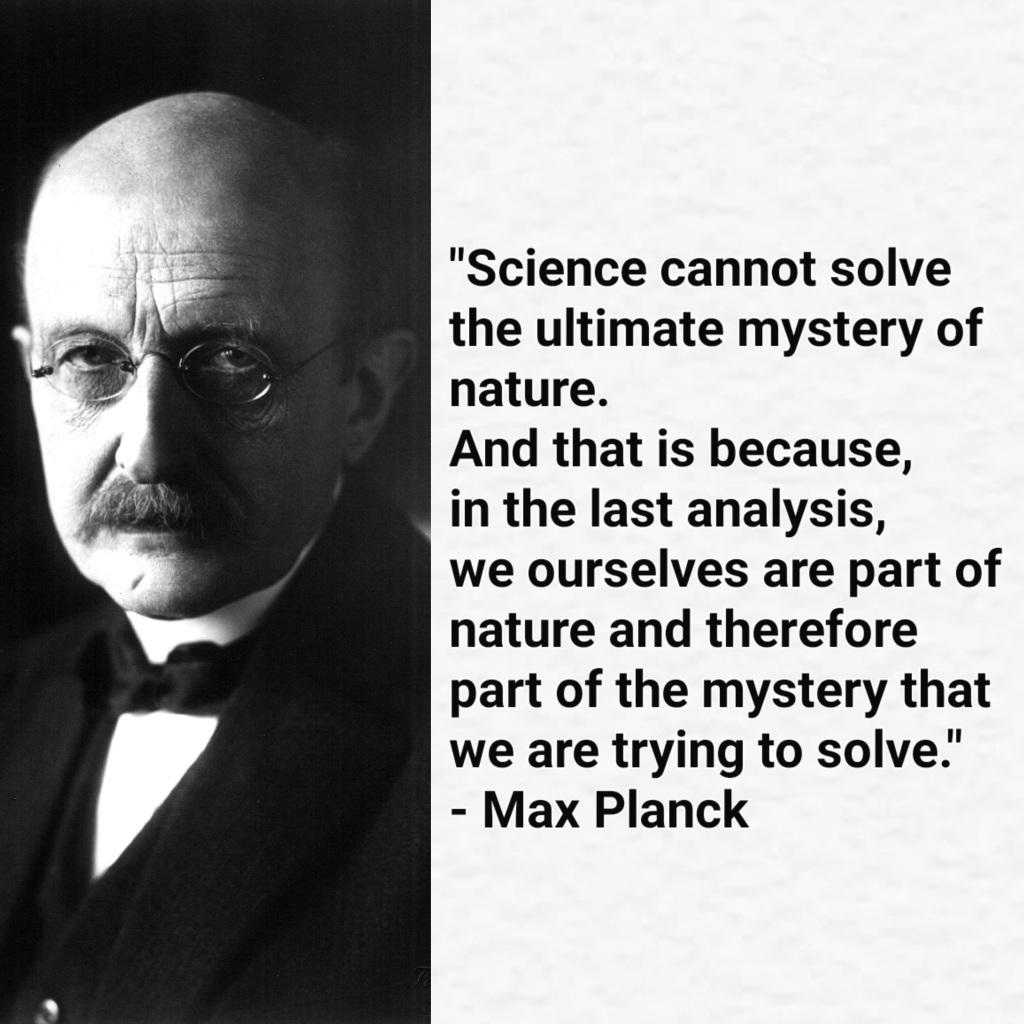
It also shows how absolute wisdom remains consistent throughout the times, branches of knowledge and generations. (find more about how we have realized the existence of Void through one interesting concept in QM in my older post)
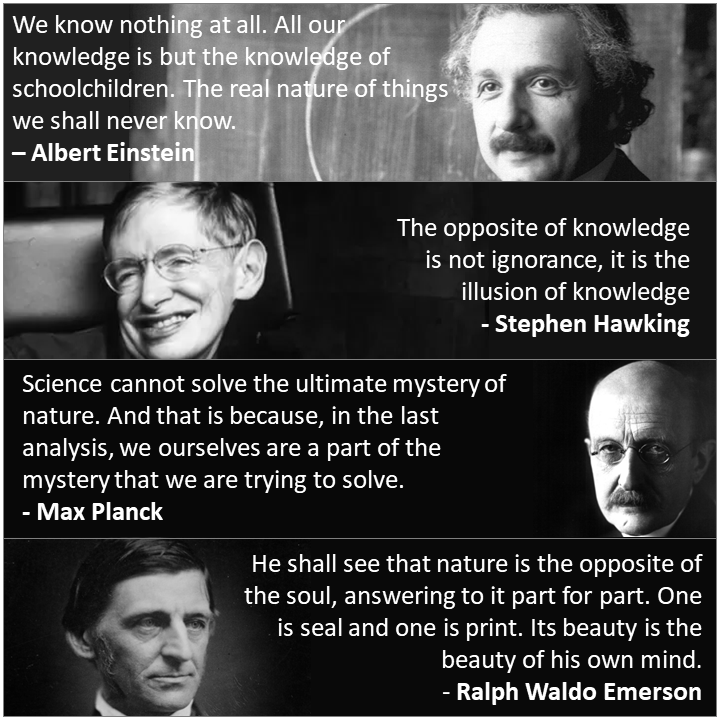
Conclusion
Thus, the Book of Void by Miyamoto Musashi is about remaining humble about the extents of the knowledge we have right now, the knowledge that is yet to be known and the knowledge that is beyond the limits of our understanding which is the real Void.
The concept of Void clarifies three main points:
– 1 –
What you know is very small compared to what all there is which can be known.
– 2 –
You can know everything that is there to know and when you will know everything that can be known you will understand that everything that can be known is just the result of the many deviations from the absolute knowledge.
Knowing everything is not about understanding everything individually like a memory bank, rather it is knowing a thing in its entirety and every perspective
This clears one fundamental doubt which everyone has in their own learning journey. We think that if we know many things then we will have knowledge of everything. For the same reason we think that a wise man has many tools in his bag to deal with every problem.
But it is exactly opposite when it comes to the concept of wisdom through Void.
A wise man knows single concept which touches all that is there to know, this single concept brings in the clarity. A true wise man never carries a bag full of different tools to solve different problems, he carries the distilled understanding of how to develop the tools according to the problem.
Thus, once you are able to know everything that is there to know you will find a single thread connecting to all such fields of knowledge. You will never get overwhelmed by the amount of information and expanse of the various fields of the knowledge. That single thread of your wisdom will bring clarity, will bring in virtue in your life, will calm down your mind
– 3 –
When you will succeed in knowing everything then you will truly understand the boundaries of how you understand the universe. This will be the moment when you will accept the existence of the true Void. This acceptance will make you humble and even after knowing everything that is there to know you will embark on the new journey of that which can never be known. That will be your transcendence.
One has to very deeply think and understand and appreciate how Miyamoto Musashi in his very short but important “Book of the Void” distilled the fundamental wisdom of humanity. No wonder this concept of Void is always peeking its head out in different events, different lives, different breakthroughs, and different eras of the humanity. The truest wisdom always remains consistent throughout and it never fears to upgrade itself based on the new learnings. The Book of Void is about what small amount we actually know, what vast ocean that is there to know and what massive expanse lies beyond that ocean as the Void – the world beyond our understandings.
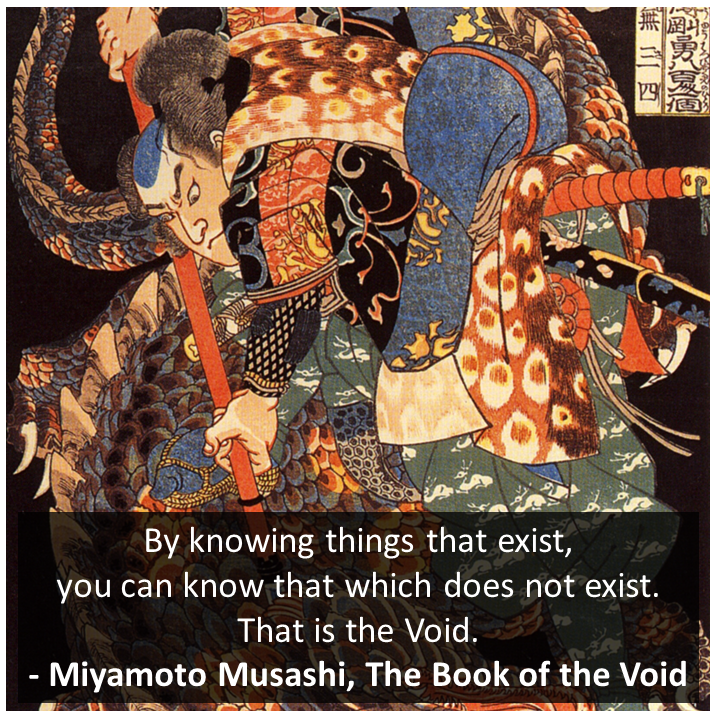
Links for further reading:
- The Book of Five Rings – The Ground Book
- The Book of Five Rings – The Water Book
- The Book of Five Rings – The Fire Book
- The Book of Five Rings – The Wind Book
- The Book of Five Rings – The Book of the Void
- Understanding the true nature of Mathematics- Gödel’s Incompleteness Theorem
- Noticing Our Ignorance
- The American Scholar – The Scholar, the Nature, the Origins and the Legacy of Knowledge
- The American Scholar – The Books, The Actions, Intellectual Humility and The Dictionary of Life
- The American Scholar – Man as a University
- Chasing The Hidden Nature of Reality

